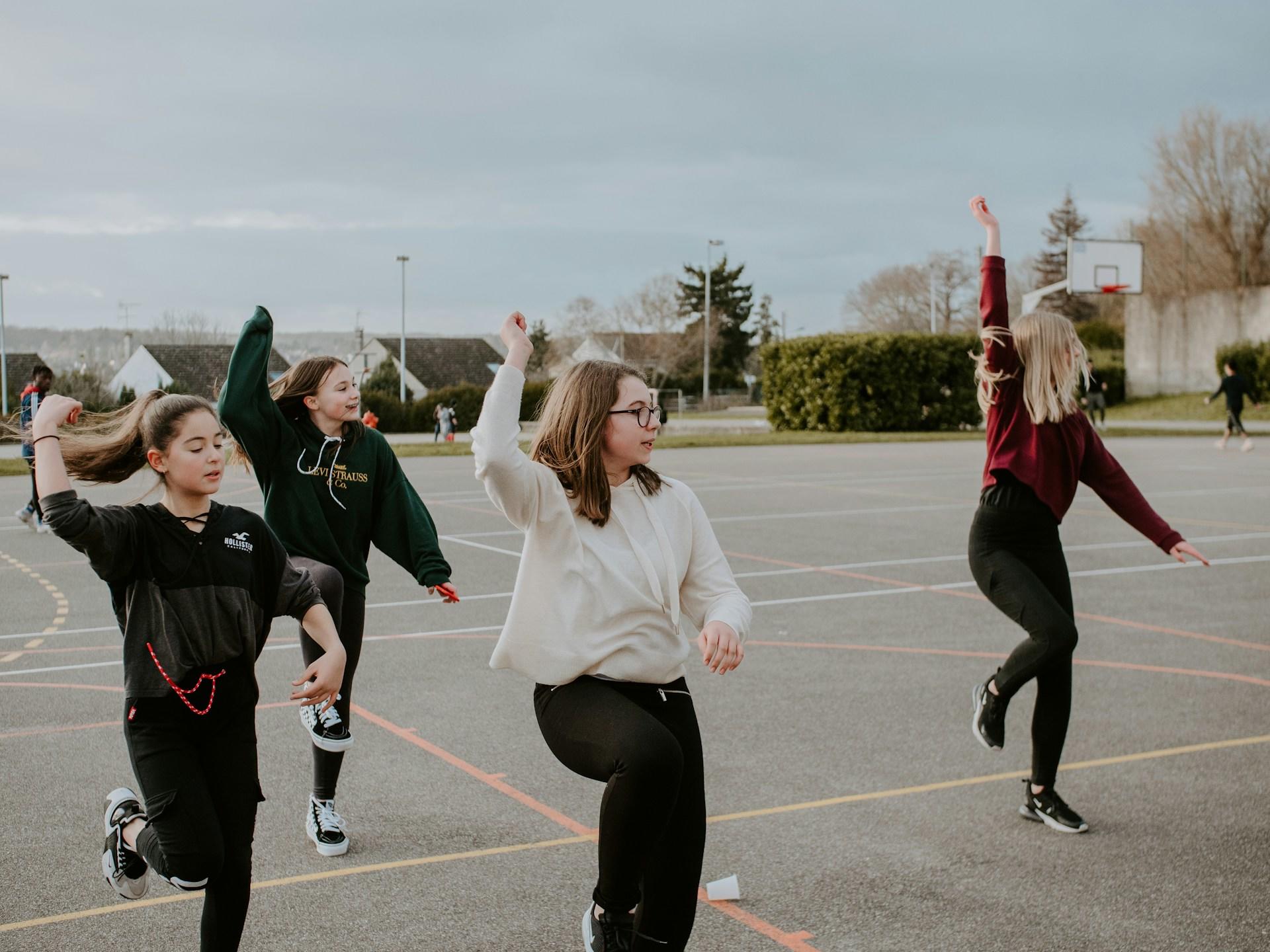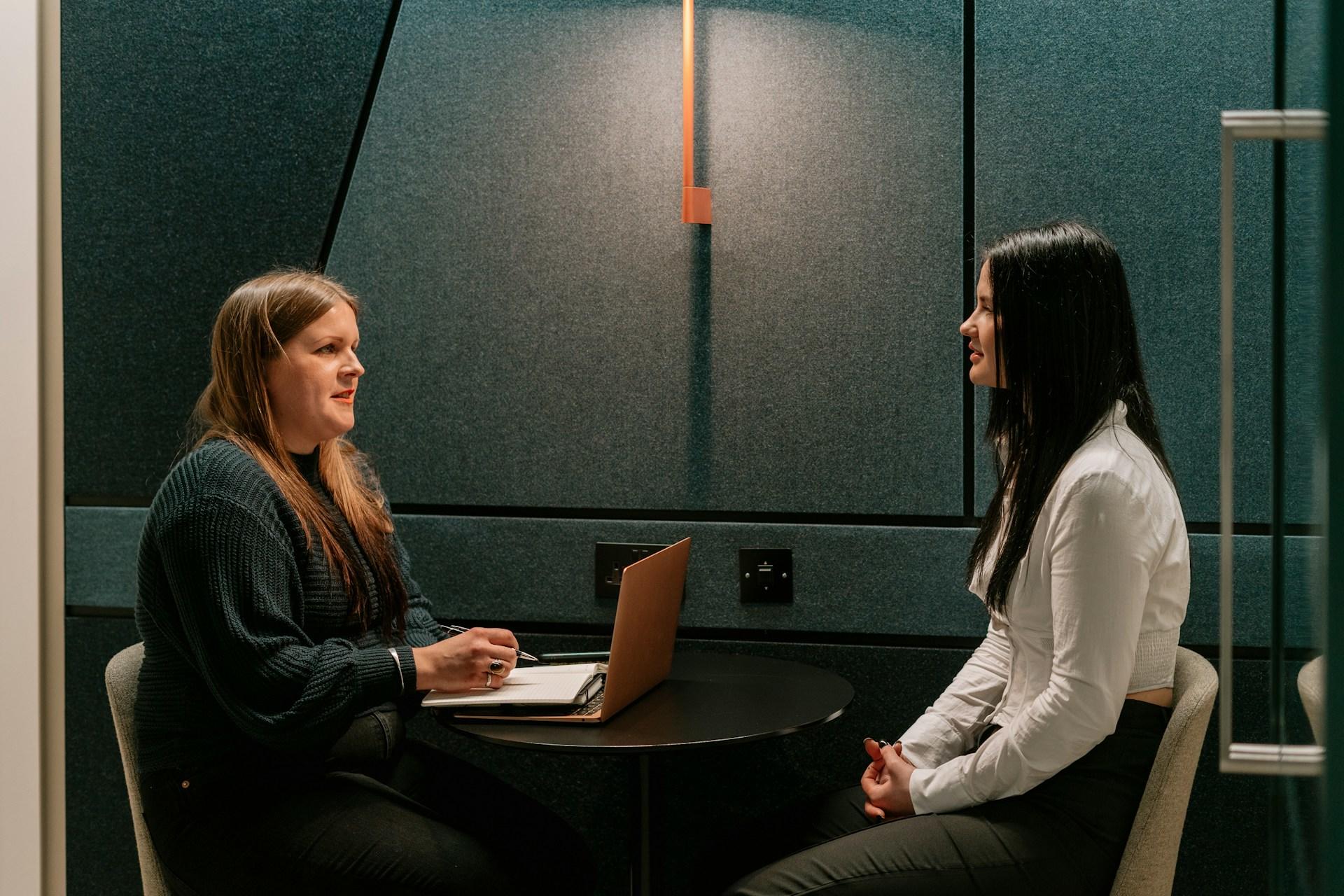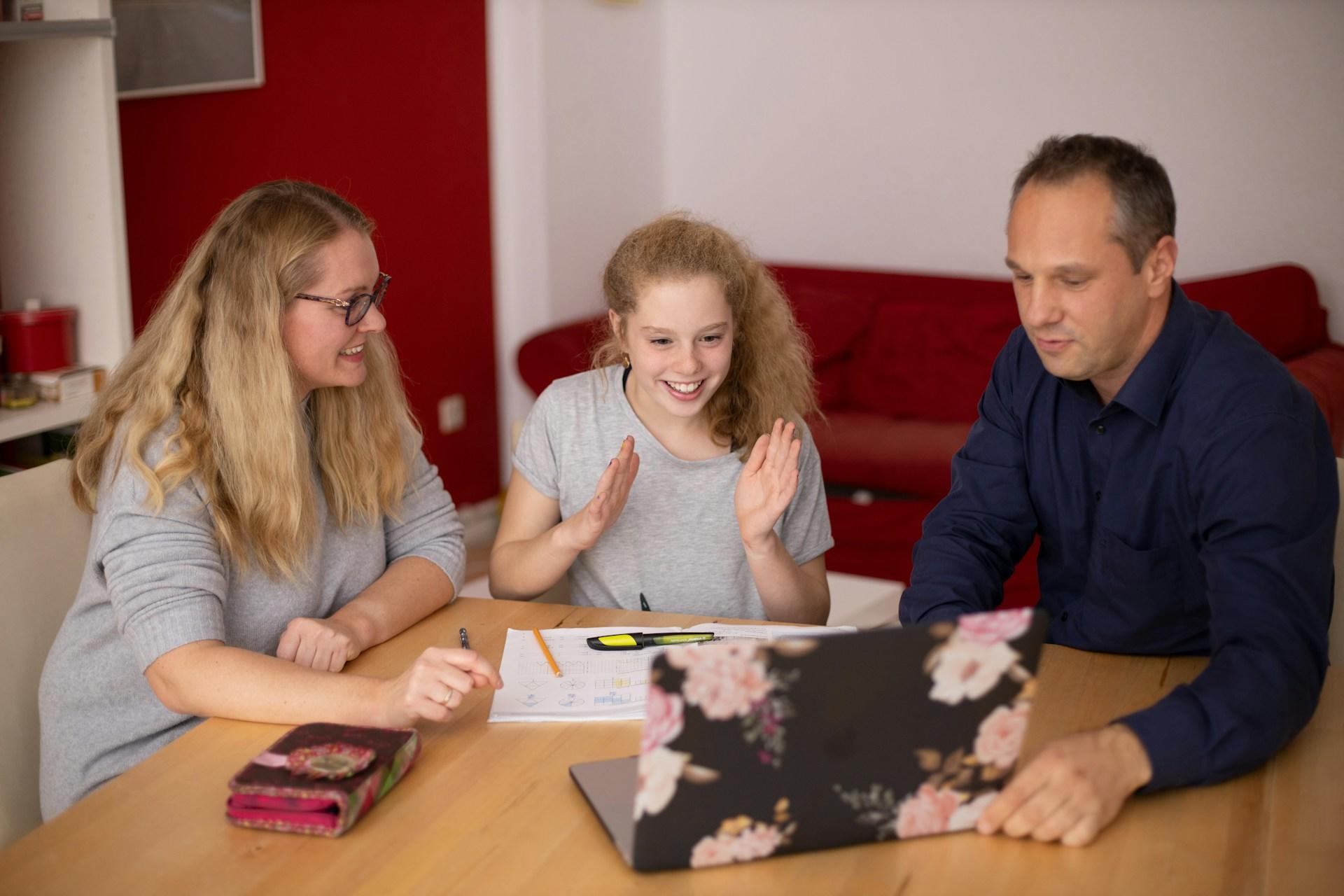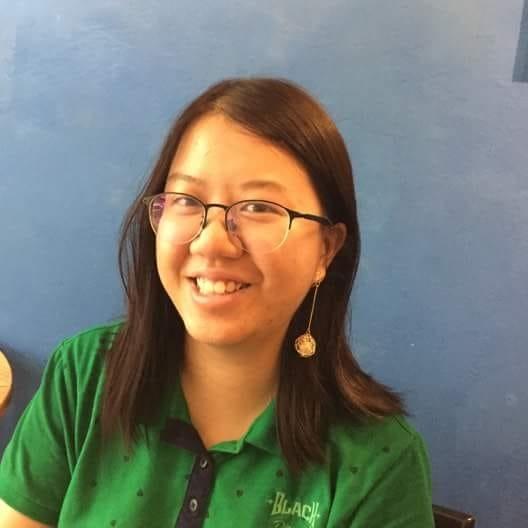All parents can agree to one thing — they want the best learning experience in the best environment for their children throughout their years of study.
Private schools have open this door of opportunity for both parents and students in Canada to choose what's best for them according to their preferred curriculum, studying environment, and budget.
In this article, we will discuss the following points:
- Private school curriculum, location, and culture in Canada
- Academic requirements and extracurricular involvement
- Essential documentation for private school application
- Application timelines and deadlines for private schools
- How to ace the final interview for shortlist students

Review of Private School Curriculum, Location & Culture
Before diving deep into the application process for the best private schools in Canada, parents and prospective students need to clearly understand the academic curriculum offered by these top private/independent schools that they have in mind.
This sets the tone for the first half of the research process — balancing the student's needs and wants while choosing the right private school.
Depending on age groups, parents might be looking at different needs, whether for private kindergarten, private elementary schools or private high schools. For instance, parents with younger kids might want to focus more on whether specialized education methods are offered such as the Montessori education and Reggio Emilia approach for smaller class sizes.
Some specialized Montessori private schools in Canada include Lauremont School (formerly Toronto Montessori Schools), North Star Montessori Elementary School (British Columbia), and Dearcroft Montessori School (Ontario).
A learning approach that centres on child-led learning, with an emphasis on the child's curiosity, observation, and imagination. Usually introduced during early childhood stages and primary education.
Parents with older kids who are more academically inclined might be more interested in specialised global programs offered by private high schools such as the International Baccalaureate (IB) or Advanced Placement (AP).
On the other hand, some parents or students would perceive the best private schools as those that are not necessarily academically prestigious but those with educational flexibility, focus more on outdoor education and character development.
Some examples include Blyth Academy (Ontario) and Robert Land Academy, a private school (Ontario) founded on military principles.
Location is another key factor when it comes to choosing a top private school in Canada. It's something that both parents and child need to agree on because it can influence the overall education expenses in terms of transportation, tuition fees, food, and even accommodation (for boarding schools). If you plan to send your kids to a private day school, it mustn't be too far from your residence.
Finally, it's also important to review the school culture and environment which serves as a reflection of their values, community, and overall educational experience.
Are you looking for a private school that is driven by academic grades, a private school that emphasizes outdoor education and sports programs, or a private school which integrates religious education into their everyday learning?

These three pointers will help parents in their decision-making process to ensure that their children can thrive in every aspect of the chosen private school environment according to their personality, strengths and interests.
Academic Criteria & Extracurricular Involvement
Next, let's move on to the second half of the research process to find the best private schools in Canada — finding the right fit based on realistic expectations.
Whether you are looking for an independent day or boarding school, a single-sex school (boys or girls) or a co-educational school, it's important to understand the academic requirements of the school and how the student can prepare well for the entrance exam. This is one of the major differences between public and private schools, where admissions are bound by specific criteria and generally more competitive.
While it's convenient to read reviews and compare the private schools' websites online, the most effective and direct way to learn about the academic criteria and extracurricular involvement of the top private schools in the country — private education expos or school fairs.
Every private education expo has similar goals — to connect prospective students to different private schools in Canada and to share the latest admission details with parents and families.
This is where admission officers come into the picture. As you meet the representative admission team from each participating top private school during the expo, you can learn the application deadlines, view information about campus visits, tuition fees and financial aid, and most importantly, know the estimation of the required score for the entrance test.

For example, some top private schools may require students to aim high — the top 15% or 20% for their test scores.
When it comes to the athletic side or extracurricular involvement like arts, students can bring along their portfolio or athletic achievement certificates while learning more about the school's recruitment process, especially for schools that offer a wide range of elite sports programs.
Here are some examples of top private schools in Canada that offer extensive physical education and sports programs.
| Top Private schools | Location | School Type | Examples of elite sports offered |
|---|---|---|---|
| Upper Canada College (UCC) | Toronto, Ontario | All-boys day and boarding school | Alpine skiing, Basketball, Squash, Swimming |
| St. Michaels University School (SMUS) | Victoria, British Columbia | Co-educational day and boarding school | Rowing, Rugby, Basketball, Field Hockey, Soccer |
| Toronto French School (TFS) | Toronto, Ontario | Co-educational billingual school | Basketball, Swimming, Volleyball, Hockey |
| Brentwood College School | Mill Bay, British Columbia | Co-educational boarding school | Ice hockey, Rowing, Basketball, Tennis |
| Bishop Strachan School (BSS) | Toronto, Ontario | All-girls Anglican day and boarding school | Field Hockey, Rugby, Archery, Volleyball |

Comprehensive Documentation Preparation
While local students and international students have different application forms or online application portals when they apply to a Canadian private top school, they generally have similar basic documents to prepare.
Here's a breakdown of typical documentation besides the application form required by both prospective local and international students who are applying to top private schools in Canada.
Local students
International students
Once the forms and relevant documents are submitted and reviewed, the private school's administration will usually contact the student via email or the application portal to notify them about the next step — most likely a physical or virtual interview if they are shortlisted.
Key Timelines and Deadlines of Admission & Application
We understand that many parents and students tend to apply to multiple top private schools at the same time to increase the number of offers.
While most top private schools have a specific admission timeline and application deadline, some schools do have rolling admissions — especially for Canadian boarding schools and for certain grades.
A few examples include Bishop Strachan School, and Upper Canada College, which are both located in Toronto, Ontario.
Private schools with rolling admissions will review applications as soon as they come in, depending on the availability. There is no specific deadline and the review time is generally shorter.
For the latest deadlines, it's best to check with the admission team of the respective private schools.
Here's an average timeline framework of top private school applications in Canada to offer you a general sense of what to expect.
- Step 1: Application Preparation & Submission
Usually takes place for a few months. Most schools are open for application in October and the deadlines are usually from November to early January.
Students ought to submit the complete form and relevant documents by the specified date.
- Step 2: Entrance Exams
Students will then sit for the entrance exams according to the date set by the school. It usually takes place from December to early January. Students are usually tested according to their age in Mathematics and English (reading comprehension and verbal expression).

- Step 3: Interview and Assessments
The admission committee will then shortlist the students who have passed the initial application review entrance exams. Each student will be invited for an interview session or group assessments for younger students (like kindergarten level).
These sessions generally take place around January to February, depending on the top private school's discretion.
- Step 4: Decision Notification
Parents and students should expect to receive the results of the interview by March or April. If the student is accepted, he or she will receive an enrolment package and be guided on the scholarship and financial aid options available.
Getting Ready To Ace The Final Interview
Let's be honest, interviews can be nerve-racking regardless of which grade you are in.
With the right mindset and sufficient preparation, you can gain confidence and pass these interviews smoothly.
One good way to start is to research the private school that you intend to apply to familiarize yourself with the school culture and values. From there, think about how to align your learning goals as a local or international student with what you have discovered about the top school.
Don't be afraid to add personal anecdotes and educational experiences during your interview — the interviewers are genuinely curious about you and they value authenticity. That is one way to stand out and leave a memorable impression among many applicants and be chosen.
That said, there are some common interview themes that you can anticipate in advance such as your personal background, academic/curricular interests, and future aspirations.
While preparing for the interviews, you can also improve your communication skills in terms of language fluency, body language, and conversation flow with the help of an experienced personal development tutor. It is something definitely worth learning as it is something that every student will use in their future college, university or workplace.
At Superprof, you can find an experienced and reliable tutor to guide you throughout your interview preparation. Whether it's through public speaking skills, English comprehension or having someone to guide you on the potential asked questions through a preparatory mock interview, you can benefit greatly from these learning courses.
Head to the Superprof Canada homepage and start browsing the profiles of different tutors all across the country. Take your time to review the basic information of the tutor such as their tutoring experience, teaching specialization, teaching level, teaching mode (physical/online), student reviews, and also their hourly rates.

Once you have decided on the tutor, you can proceed to contact him or her directly via the messaging feature on their respective profile. With the right guidance, you are definitely on the right track to ace your interview sessions and receive good news from your desired top private school.
We hope this article has given you some valuable insights on what you should know as parents and students when it comes to applying to a top private school (day or boarding) in Canada.
By gaining a comprehensive view of this important information, both parents and students can have the best of both worlds — smooth application and transition to a new private school.
Summarize with AI:














